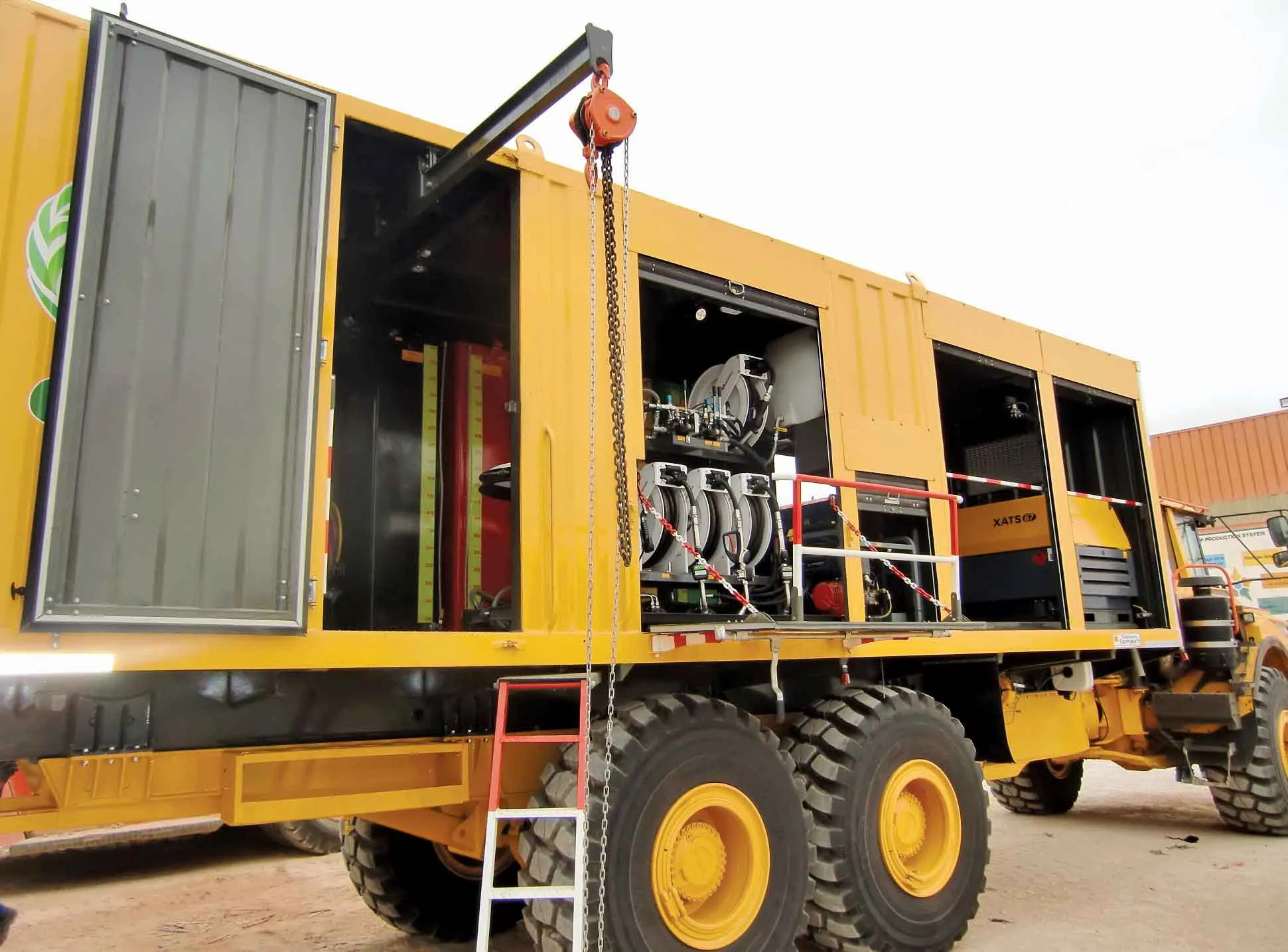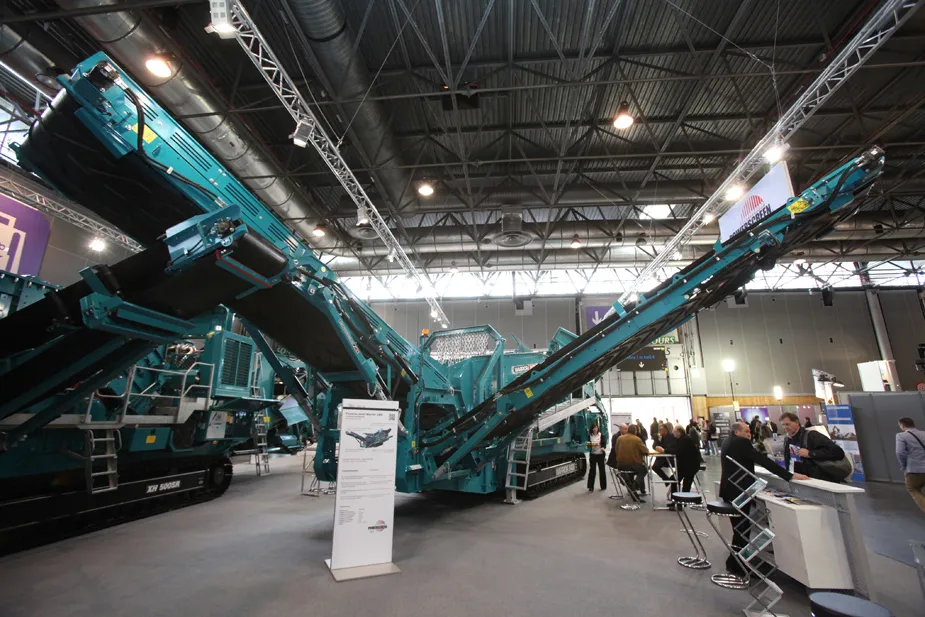During its 150 years, Metso has been in many businesses, ranging from steam engines, locomotives, car manufacturing, forest machines, and pulp and paper machines, to valves, metal and waste recycling equipment, and solutions for rock and mineral crushing and screening. One of its core areas of expertise today is aggregates and minerals processing: key ingredients for the construction and manufacture of infrastructure.
The first innovations that kicked off mechanical crushing and screening processes in the mines and quarries were introduced in the 1800s. Bruno Nordberg, a Finnish migrant who settled in Michigan in the US, produced some of the first crushing equipment for mines. In 1928, Nordberg acquired the Symons cone crusher technology, an innovation that revolutionised crushing practices in mines and quarries. Bergeaud & Bruno was established in France in 1895 to manufacture crushing equipment, and in Tampere, Finland, Lokomo produced its first jaw crushers at the beginning of the 1920s. These industry pioneers are all key components of our DNA.
The amalgamation of Svedala Industri into Metso in 2001, and the introduction of solutions like primary gyratory crushers, grinding mills and vertical shaft impactors was elemental in the creation of its crushing and screening business.
As part of the celebration the firm is organising an exhibition of photographs showing its history.
Metso’s 150th anniversary
Crushing equipment specialist Metso is now celebrating its 150th anniversary. The firm started in business in 1868 as a local ironworks and the firm has evolved through a series of mergers, acquisitions and divestments. It now has operations in more than 50 countries and a workforce of over 12,000. Metso is a global industrial company providing the world's mining, aggregates, recycling, and process industries with innovative solutions for the sustainable processing and flow of natural resources.
During its
September 17, 2018
Read time: 2 mins
Crushing equipment specialist 6934 Metso is now celebrating its 150th anniversary. The firm started in business in 1868 as a local ironworks and the firm has evolved through a series of mergers, acquisitions and divestments. It now has operations in more than 50 countries and a workforce of over 12,000. Metso is a global industrial company providing the world's mining, aggregates, recycling, and process industries with innovative solutions for the sustainable processing and flow of natural resources.








